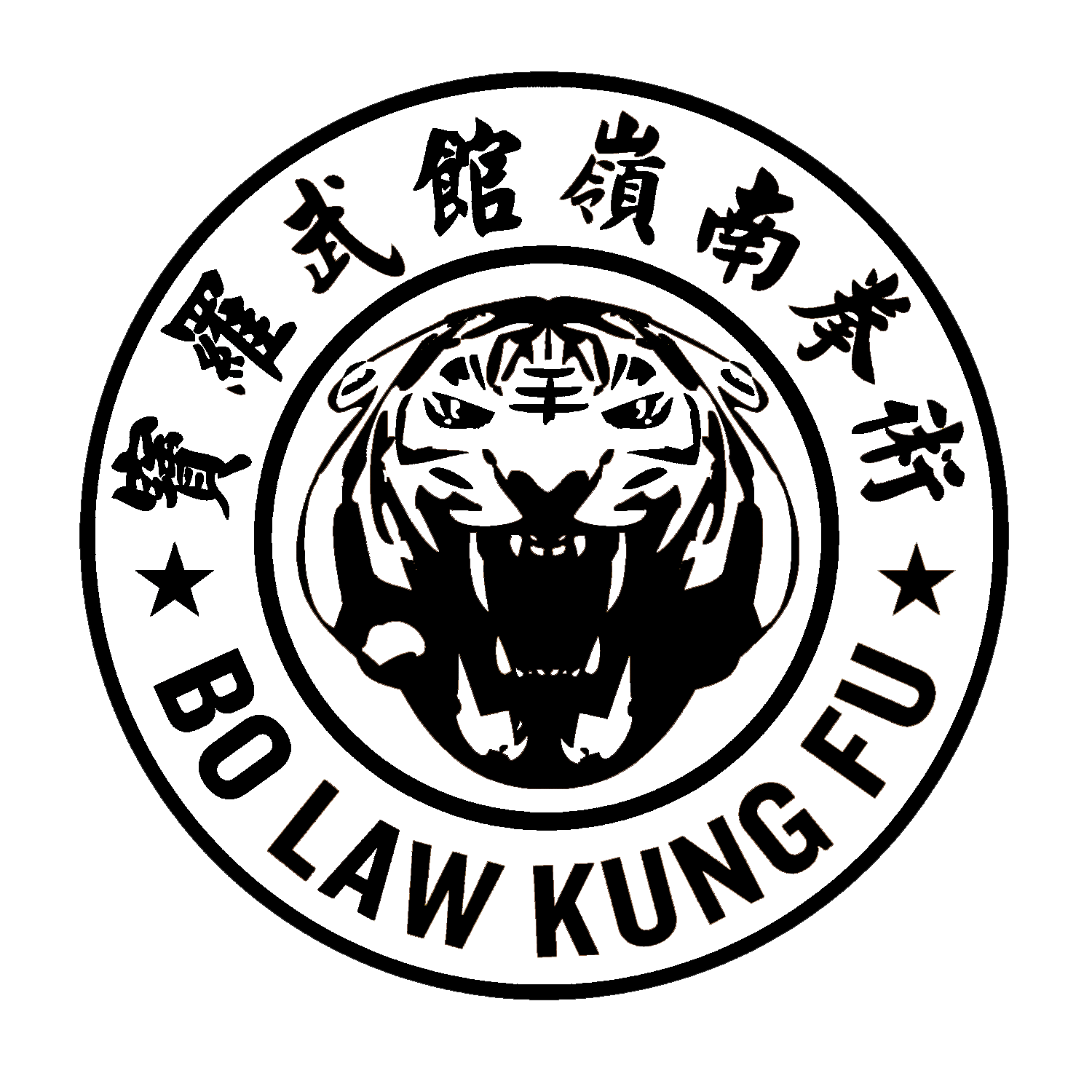知道不知道 只有天知道
“I know that I don't know… Only Heaven knows.”
-Old Chinese Saying
Inevitably when I’m teaching class, someone will say, “I know” to a technique, a movement, a comment or some bit of philosophy. I feel that statement, “I know,” is extremely dangerous. Not only is it dangerous, it’s incredibly naïve. Many people will say, how do you see that? Well, after almost 40 years of training martial arts and training with and under some of the pioneers and best Kung Fu masters on the east coast, I still question myself. If I’m still questioning myself after 40 years, then a less experienced practitioner definitely shouldn’t say, “I know.” It may be a slip of the tongue, but we have to be careful about that. This is not so much because of what other people might think, but what you actually might think when you say, “I know.”
The phrase, “I know,” limits the scope and breadth of the ability of the individual to learn. Just by making that simple statement, you shut yourself down because you presume that your experience is more than adequate to flesh out the entire issue of what you’re learning. Now, as I practice, decades into the art, I find myself learning more than I ever did before and actually practicing more and more in depth than I ever did before. For example, I like to use the Tiger Crane Double Shadow form (虎鹤双形) as a basis for all my up and coming black belts. Now, after teaching that form for so long, I still am able to glean more from it every time I teach it. I don’t know how long I’ve known this form. I don’t remember the first day that I learned it. But somehow it always has more to give me. Every time I teach it to a student, even though the student may not grasp what I’m teaching them, I’m able to derive more out of it. And I think that’s primarily due to the mental state of not saying, “I know.”
Yesterday, I was training with my Sifu, and he was telling me to change things. I’ve been training the weapon we were working on for at least a few decades, but I still will not say that I am a master of it. I think that I am not a master of my art. And many masters much, much higher in stature and ability than me would also say the same thing. Other people call them a master of their art. I look at all these weapons, forms and techniques that I’ve learned and I think to myself, “Still not good enough. It could be so much better.” This is not coming from a place of negativity, but from trying to critique myself and help myself gain insight and inspiration into becoming better. There’s always more to learn. As you go back and play your forms and weapons again, you need to revise everything.
This is the inspiration that I draw from my Sifu, whose experience is vastly larger and deeper than mine. He’s able to take the same old information and transform it, modify it and make it grow each and every time that I train with him. It’s the same thing, but it’s never the same thing. He has mastered the art of making it come alive by never pigeon holing himself into one way of perceiving. Circumstances change, people change, ideas change, and the way you view things must change accordingly. If you can do this, you can see so much more. You have a limitless horizon.
Otherwise you will learn ABC, turn around and say, “what’s next”. When you say this, you put parameters on yourself. Everyone wants to feel good. No one wants to feel bad or feel stupid. No one wants to be perceived as lacking in knowledge or depth, but in order to truly learn something and know more of it, you have to come from a point of openness and, for lack of a better term, deficiency. If you already know it so well, then you’re done. Put your ego down and open yourself up to the learning. Otherwise there’s no point. This is all to do with the attitude of the individual.
The true knowing is in not knowing. Your knowledge and experience may be very deep, but I think the source of that knowledge and experience is even deeper than you. Why stifle yourself by uttering phrases like, “I know,” be they verbally said or mentally said? It is a dangerous phrase that kills inspiration, knowledge and your ability to move forward. The fastest way to start learning again is to adopt that attitude of, “I don’t know, and I’m open to the information.” When you take off the trappings of what you perceived before, you’ll be able to see more almost instantaneously.
At the end of the day, it’s your state of mind that we’re talking about. It’s putting your mind in the right gear to learn. “I know” is like driving in reverse on the highway. It’s dangerous. Making that change in your mental state and perception will allow the flood gates to open. Truly knowing anything begins and ends with understanding the self. True knowledge can only be gained by first opening one’s mind and heart.










